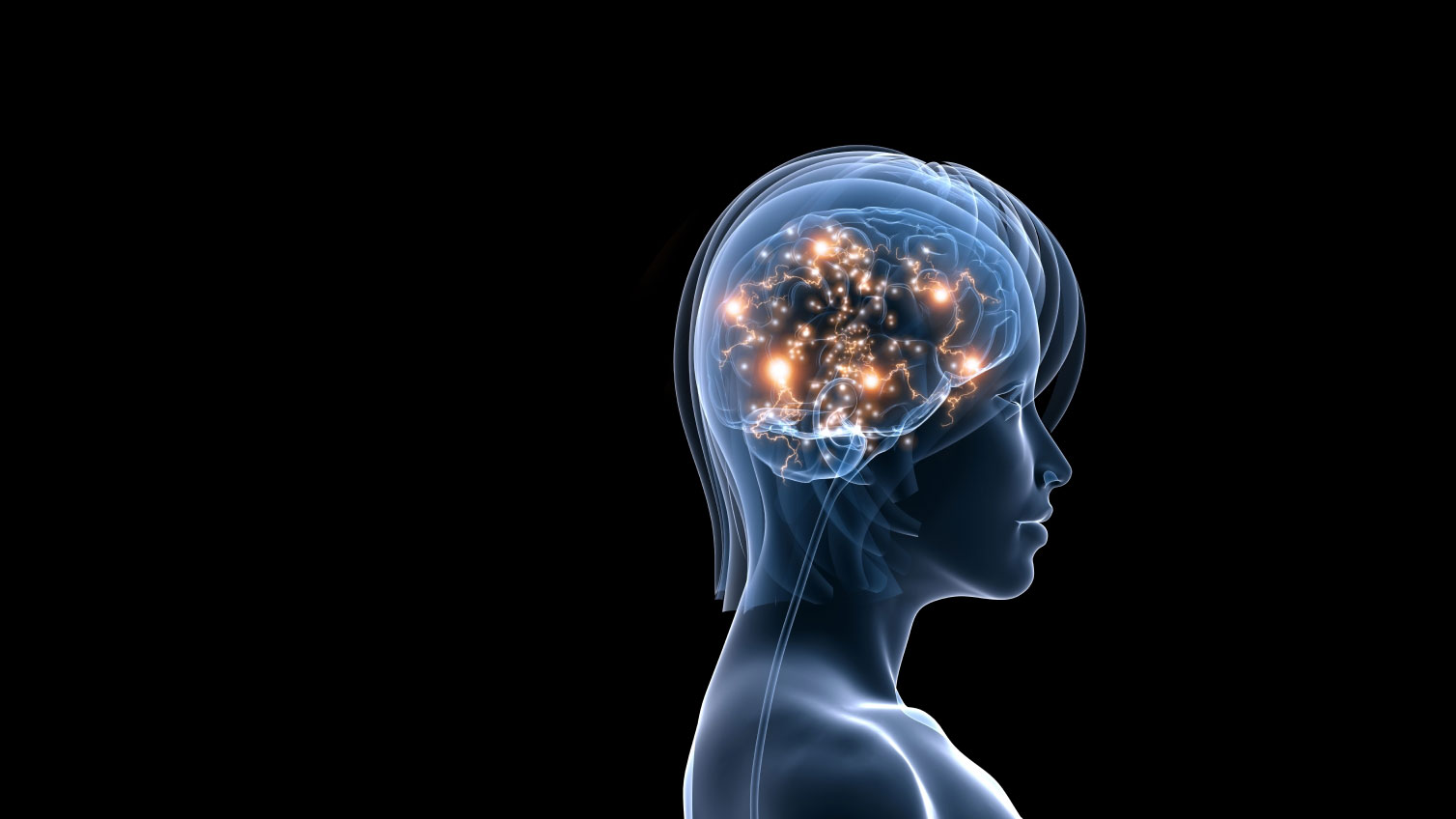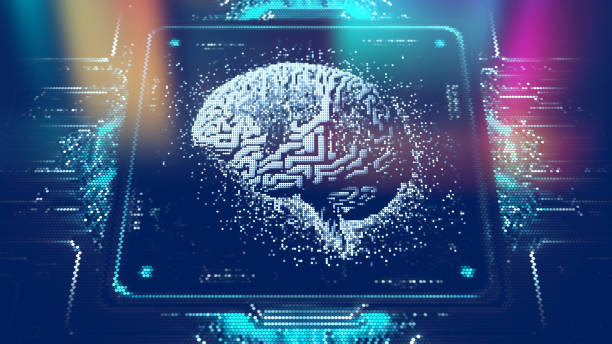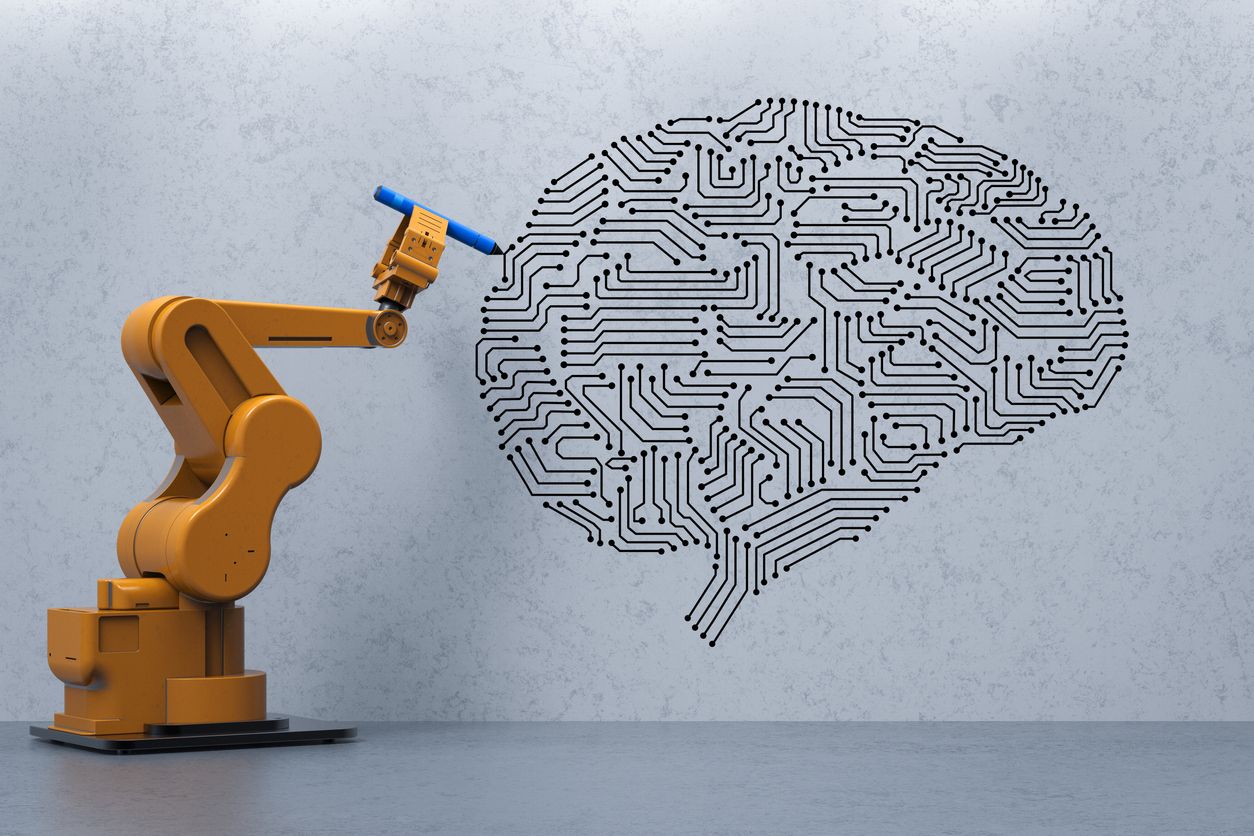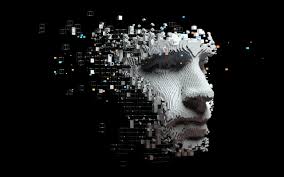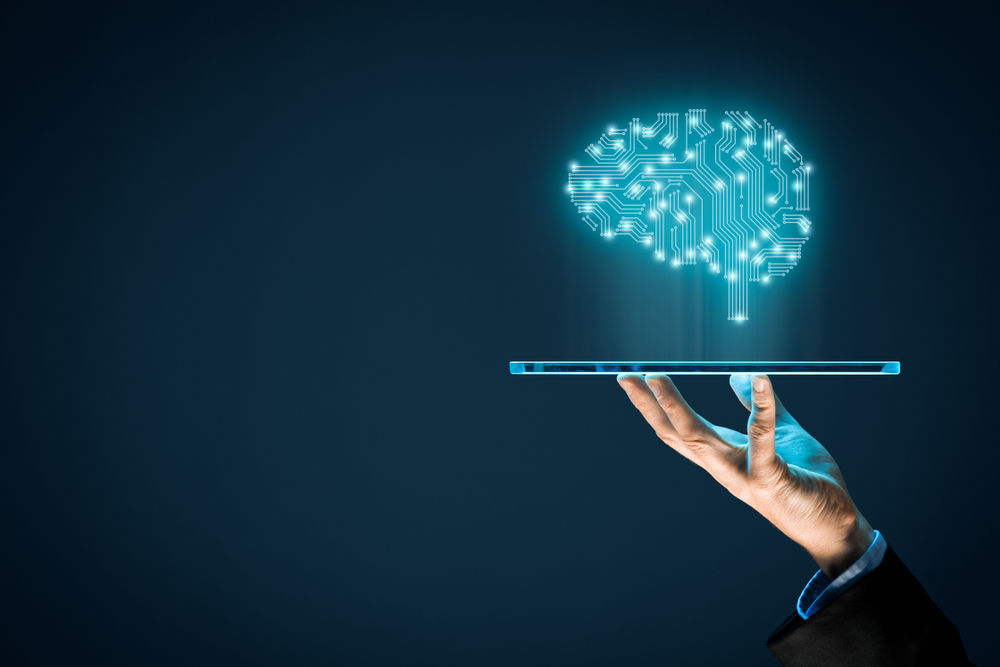The rise of automation and artificial intelligence (AI) has sparked a heated debate about the potential impact on the workforce. Some argue that these technologies will lead to significant job losses, while others believe they could create new opportunities for workers. So, what’s the truth? Will automation and AI reduce or increase jobs? In this blog post, we’ll dive into this topic and explore both sides of the argument to help you better understand what lies ahead for our economy and society as a whole. Get ready to join us on an exciting journey through the world of automation and AI!
Background
Automation and artificial intelligence are already reducing some jobs in the manufacturing and service industries. They may also reduce jobs in other sectors, such as law, accounting, and medicine. The effect of automation on employment is complex and will vary from industry to industry.
Some workers who are displaced by automation will find new jobs. Others will lose their jobs entirely. Automation may make it possible to produce more goods with less labor, which could create more jobs in related industries. However, there is no guarantee that automation will have a positive or negative impact on job availability.
The effects of automation on employment are likely to vary over time and across different countries. It is important for policymakers to understand these complexities so they can make informed decisions about how to best address them.
Automation and Artificial Intelligence
There is no doubt that automation and artificial intelligence are changing the face of work. Systems like robots and computer algorithms can quickly learn how to do certain tasks, reducing or even eliminating the need for human input. This has already led to a number of jobs being eliminated in manufacturing and other industries, but it’s not just low-skilled jobs that are at risk. As AI and automation become more sophisticated, it’s likely that a greater percentage of cognitively intense jobs will also be automated.
This could have a number of effects on the workforce. Some people may see their job security disappear as machines take over more complex tasks. Others may find themselves in new occupations that focus on using computers rather than hands-on work. In either case, it’s important for individuals to stay up-to-date with what’s happening in the world of automation and AI so they can make informed decisions about their future.
Jobs at Risk
Automation and artificial intelligence are already affecting many jobs in various ways, and the trend is only going to continue. For example, autodidact algorithms can now teach themselves how to do certain kinds of tasks quickly and effectively, so fewer human employees are needed to perform those same tasks. Meanwhile, robots and AI also help automate some processes, like manufacturing or accounting. As a result, businesses may have to find new ways to employ their workers or eliminate them entirely.
So far, the impact of automation on employment has been somewhat uneven; some jobs have been lost while others have been created. The question is still open as to exactly how many jobs will be replaced by automation or artificial intelligence in the next few decades – and what this will mean for society as a whole.
What can be Done to Mitigate the Risks?
There is no easy answer when it comes to the potential impact of automation and artificial intelligence on the workforce. Some experts believe that these technologies will reduce the number of jobs in certain sectors, while others predict that they will create new opportunities for workers who are able to adapt.
In order to minimize the risk of job loss or displacement, employers should assess their current automation and AI strategies, identify areas where improvement might be necessary, and adopt a proactive approach to training and development.
Conclusion
The future of work is an exciting one, with the potential to bring about huge changes for individuals looking for employment. On the one hand, automation and artificial intelligence are likely to reduce the number of jobs available in the short term; on the other, they could create new opportunities for people who are currently unemployed or underemployed. In any case, it’s important that we plan for how this change will impact our lives and ensure that we’re ready for whatever comes next.

